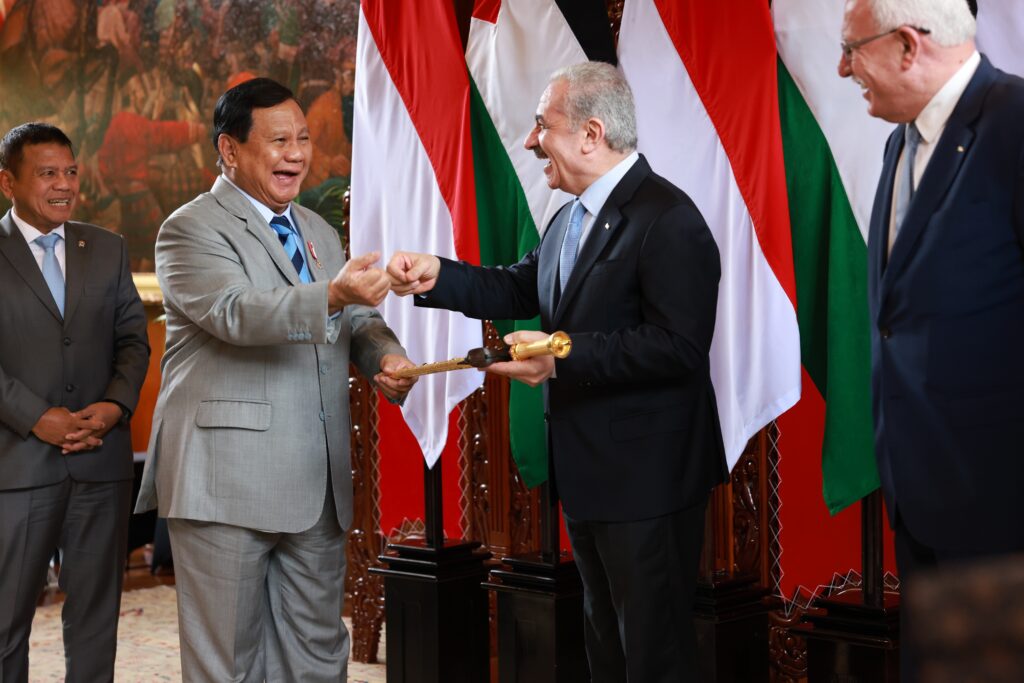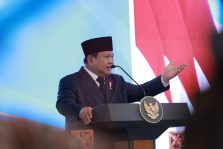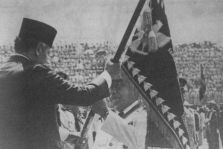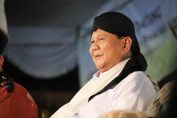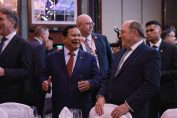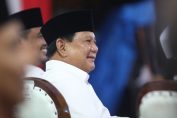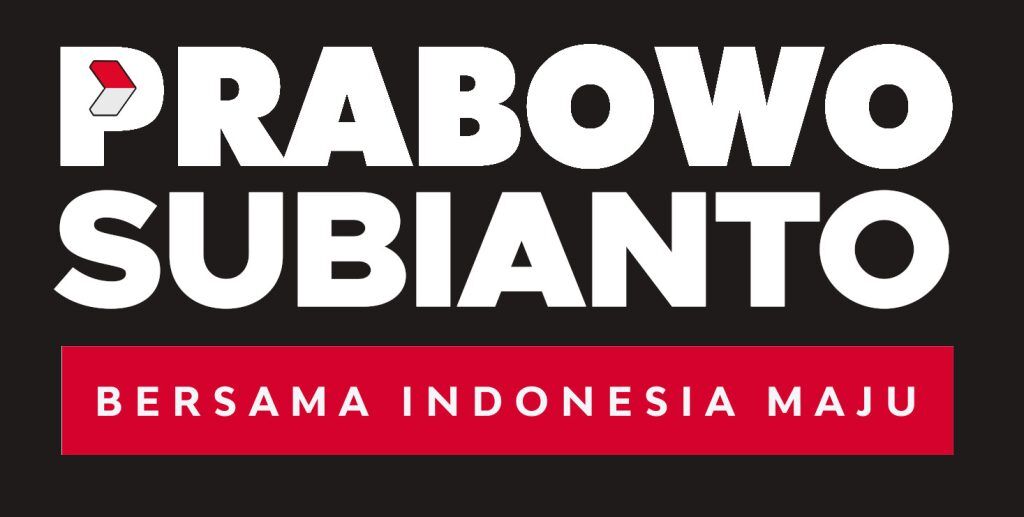By: Prabowo Subianto [excerpted from “Strategic Transformation of the Nation: Towards Golden Indonesia 2045”, page 45, 4th softcover edition]
In 2020, as the world struggled with the COVID-19 pandemic, no one anticipated that a new war could break out during such a crisis.
Yet, before the pandemic ended, specifically on February 24, 2022, a major armed conflict erupted in Europe between Russia and Ukraine. This conflict disrupted global food and energy price stability, as both nations are significant producers of these essential commodities.
Together, Russia and Ukraine account for 27% of the world’s wheat production. Indonesia, which imports 11 million tons of wheat annually for instant noodles, bread, and other needs, also sources a significant amount of its wheat from these two countries. Due to the war affecting production and maritime safety, Indonesia and other wheat-importing countries have been forced to seek alternative sources.
In addition to wheat, Russia is also a major exporter of raw materials for fertilizers. It produces 19% of the world’s Potassium, 14% of Phosphorus, and 16% of Nitrogen. The conflict between Russia and Ukraine has consequently driven up global fertilizer prices.
And then there’s energy. Russia is the third-largest oil and gas exporter in the world. The prolonged conflict in Ukraine, now compounded by the armed conflict in Palestine, could further increase food and energy prices by disrupting the smooth functioning of global supply chains.

